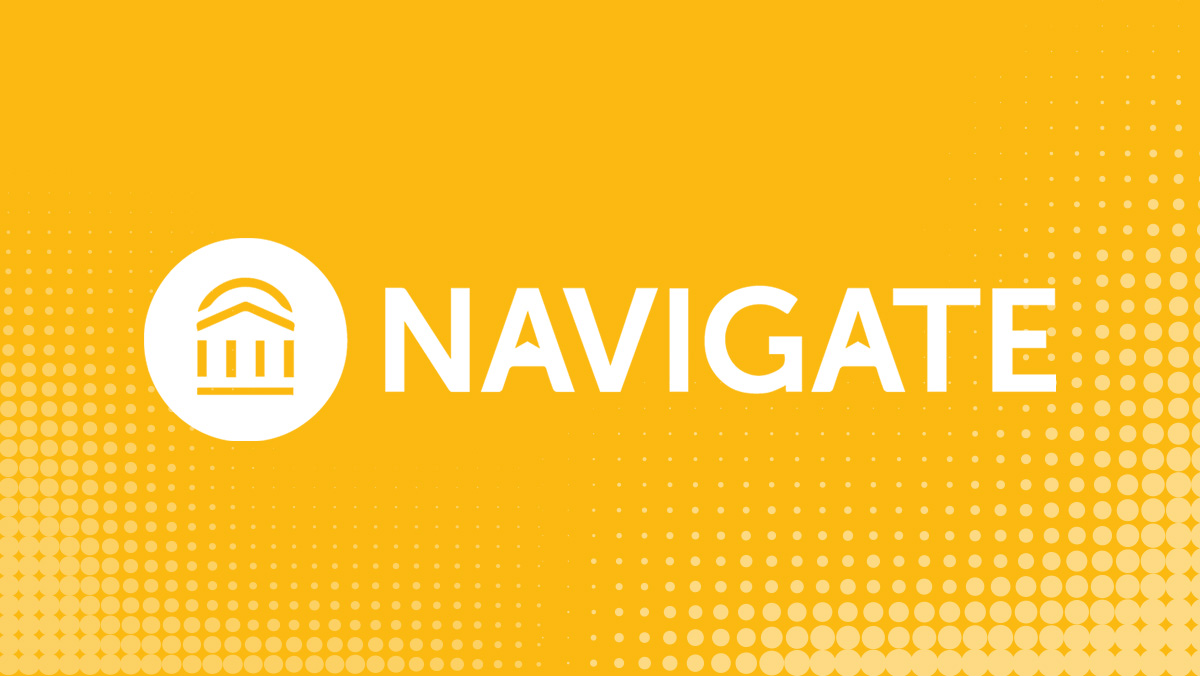Journalism and Communication Liberal Arts Degree
Fortify Your Career Story with a Journalism and Communication Associate Degree from NECC

Why pursue a degree in Liberal Arts: Journalism and Communication?
If you like to write or speak, have a curious nature, and want to work in a fast-paced field, NECC’s Journalism and Communication program is tailor-made for you. Through a variety of courses and practical experiences, our program will prepare you to embark on an exciting career in print or broadcast journalism, public relations, or corporate communications.
Learn to Think Outside the Box
At NECC, our Associate Degree in Liberal Arts: Journalism/Communication program empowers students to gain real-world experience and learn what it takes to succeed as a print journalist, broadcast journalist, or communications specialist. Upon completion, you’ll have the option of transferring credits earned towards a bachelor’s degree in Journalism, Communication, or a related discipline at a four-year school, saving thousands of dollars off the cost of your education!
What you’ll get from our Journalism and Communication Degree program
Develop Marketable Professional Skills
As a Journalism/Communication major, NECC’s program will provide you with an opportunity to choose from journalism and communication concentrations. Additionally, you’ll learn how to develop the skills and knowledge necessary to work in a wide variety of settings and industries.
Do Cool Stuff, Not Just Homework
Forget about endless lectures. We’re talking about interactive classes and workshops where you practice what you’ve learned in real-life scenarios, as well as projects that connect you with your community.
Gear Up for a Great Career in Journalism or Communication
At NECC, we’re here to help you build a skill set that’s in high demand. Whether you see yourself as a reporter, an editor, public relations specialist, or something else, we’ve got you covered. While guiding you every step of the way, our experienced instructors will show you how to:
 Gain a solid foundation in writing and speaking for various purposes and audiences
Gain a solid foundation in writing and speaking for various purposes and audiences- Acquire real-world experience through internships
- Write for NECC’s bi-weekly newspaper, the Observer, or Parnussus, the campus literary arts magazine
- Participate in career workshops
- Develop professional skills through networking and mentoring opportunities with NECC alumni and other industry experts
Your Schedule, Your Rules
Juggling life, work, and study? No sweat. With a mix of online and on-campus options, NECC makes it easy for you to fit study into your life, not the other way around.
Quote:
Northern Essex allowed me to get on track academically. It prepared me well for transfer to a four-year university.”
Carlos Rivera, Liberal Arts
Where this journey can take you
 Imagine yourself serving in one of these roles:
Imagine yourself serving in one of these roles:
- Keeping others informed as a Reporter
- Increasing audience understanding as a News Analyst
- Orchestrating the presentation of information as an Editor
- Improving media programming as a Program Director
- Managing various film or television projects as a Producer
- Shaping public opinion as a Public Relations (PR) Specialist
Why choose NECC for your Journalism and Communication Associate Degree?
We Get It
At NECC, inspiring our students to succeed is our top priority. Modern, relevant, and engaging, our Journalism and Communication courses are designed with you in mind.
NECC’s dedicated faculty and staff help students develop the skills they need to advance in the workforce or transfer to a four-year college or university. Our small class sizes ensure personalized attention and support, empowering students to thrive academically. We also offer a variety of student support services, including tutoring, counseling, and academic advising.
With over 60 credit programs, two convenient campuses, robust student support services, and a vibrant student life, NECC is committed to providing an affordable, accessible, and high-quality education for all.
Learn from the Pros
Our instructors aren’t just teachers. They’re experienced professionals who live and breathe Journalism and Communication principles.
Experience Beyond the Classroom
At NECC, it’s not just about earning a degree. It’s about building a network, finding your tribe, and acquiring the tools necessary to chase your dreams. Our Haverhill and Lawrence campuses are home to a diverse range of clubs and organizations and activities that help students connect with peers who share similar interests.
Whether you choose to gain leadership experience, stay healthy and fit, join a club, or participate in varsity sports, and student activities, we’ll guarantee you’ll have fond memories of your time at NECC.
We Got Your Back
From the day you start until the day you land your first big gig, our team is here to support, guide, and cheer you on. At NECC, our goal is to empower our students by equipping them with the skills and tools necessary to thrive, wherever they choose to work.
Career Services
Navigate
What Can I Do With This Major?
Got Prior Learning or Work Experience?
With NECC’s Credit for Prior Learning, you can move through the program at a faster pace, and graduate sooner! The best part is these credits are covered free-of-charge for eligible Massachusetts learners.
Support for Every Student
NECC offers a variety of student support services, including tutoring, counseling, and academic advising, to help students thrive academically. Want to transfer to NECC? Our advisors are happy to assist you.
Career Outlook for Journalism and Communication Professionals North of Boston
According to the US Bureau of Labor Statistics (BLS), employment opportunities in media and communication professions are projected to increase 3% over the next eight years. Despite declining employment, roughly 4,500 openings for broadcast news analysts, reporters, and journalists are projected each year during that period.
At NECC, our Liberal Arts Associate Degree: Journalism/Communication program graduates have an exceptional rate of employment while working in a wide variety of settings and industries.
How Much Can I Expect to Make While Working in the Journalism or Communication Fields?
The earning potential for those employed in journalism and communication occupations varies based on several factors, including education, location, experience, role, and setting. Please note that most entry-level jobs require you to have a bachelor’s degree in Journalism, Communication, or a related discipline.
With an Associate Degree in Journalism/Communication from NECC, you’ll be qualified to pursue or advance your career in these roles:
Reporter
These journalists gather information about events and stories and present it to the public through a variety of mediums. The median annual wage in Massachusetts for this role was $62,842 as of July, 2024. The wage range typically falls between $56,772 and $72,643.¹
News Analyst
Also known as newscasters or broadcast news analysts, these professionals analyze and interpret news from various sources for the purpose of increasing audience understanding. The median annual wage in Massachusetts for this role was $80,239 as of July, 2024. The wage range typically falls between $70,915 and $89,482.¹
Editor
Editors plan, coordinate, and revise material for publication or presentation through a variety of media, including television, radio, newspapers, websites, and online blogs. The median annual wage in Boston, MA, for this role was $87,552 as of July, 2024. The wage range typically falls between $77,040 and $99,802. ¹
Program Director
Commonly referred to as program managers, these executives oversee the planning, promotion, implementation, and evaluation of programs within an organization. The median annual wage in Boston, MA, for this role was $168,777 as of July, 2024. The wage range typically falls between $147,739 and $193,719. ¹
Producer
In the communication and journalism fields, these individuals manage and coordinate all aspects of film, radio, and television projects, from creative to financial.The median annual wage in Massachusetts for this role was $70,194 as of July, 2024. The wage range typically falls between $61,321 and $81,013. ¹
Public Relations Specialist
Also known as PR officers, these professionals help clients create and maintain a positive image through strategic branding, communication, and crisis management. The median annual wage in Massachusetts for this role was $66,151 as of July, 2024. The wage range typically falls between $59,715 and $78,296.¹
How to Get Started as a Communication Specialist or Journalist in the Merrimack Valley
Feeling pumped? We thought so! Learn more about how to apply for the Liberal Arts: Journalism/Communication Associate Degree program. Still unsure that it’s the right fit for you? Contact us to chat more about why this could be the best decision you’ll ever make!
FAQs
Sources and Citations: ¹Salary information provided on this page is sourced from Salary.com. The data reflects estimates based on employer surveys and job listings. Actual salaries may vary based on location, experience, and other factors.






